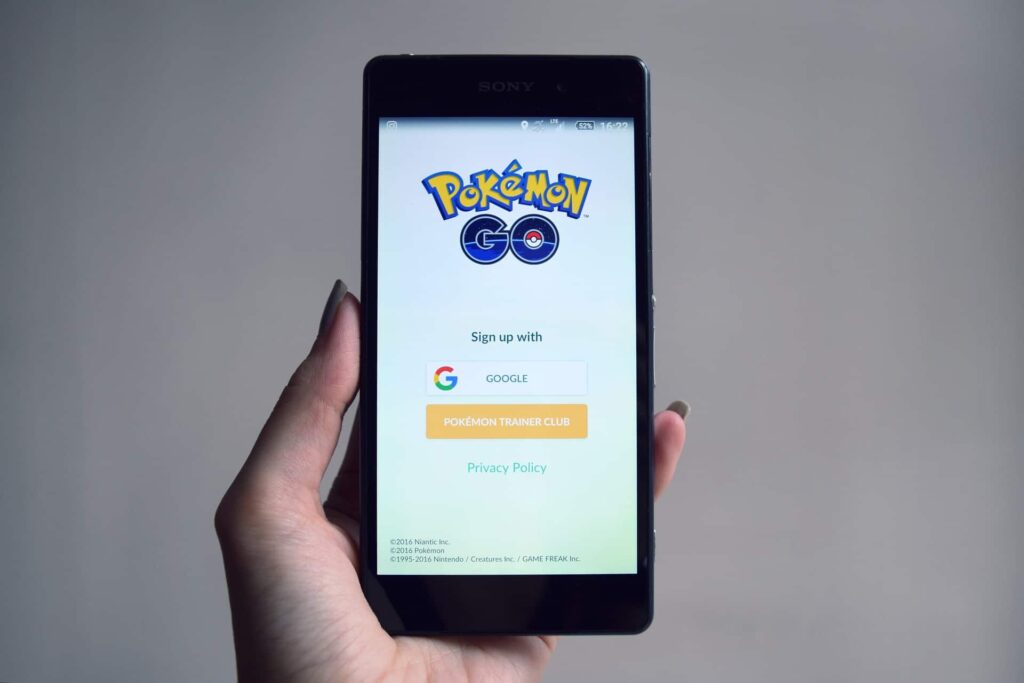Pay-per-person is the new digital metric

Marketers embrace the spatial web and start paying for people rather than clicks
- Dateline
- 10 June 2021
As mixed reality becomes more and more enmeshed with ‘real’ reality, targeting customers has never felt more like a game.
The good old pay-per-click marketing metrics might have worked back in the day when the online world stayed on your computer, but in the age of extended reality, where the distinction between online and offline has all but disappeared, marketers need a new way to keep track of their results. Enter pay-per-person (PPP), the new key to success in every advertiser’s media plan.
With pay-per-person, marketers pay tech companies to physically move their chosen customers to exactly where the they want them to go; be that into a store, past a connected billboard, or to talk to a pre-prepped sales rep. Of course, thanks to virtual and augmented reality games like Minecraft and Pokemon Go, it’s all too easy for tech companies to deliver their human game chips to the precise locations that marketers have specified. If no customers show up, there’s no need to pay.
All Microsoft needs to do, is make sure prime Minecraft Earth resources are handily placed ready for mining in your restaurant, and you are guaranteed a stream of happy customers through your door.
Real world brick and mortar shops are, of course, delighted that they are finally able to cash in on the big data and return-on-investment-optimized direct marketing business models that have helped their online competitors grow so fast in recent years. But not everyone is convinced that playing chess with real live human pieces is a desirable business strategy.
Big data ethicists (who are gaining increased political and popular prominence these days) and the lobby groups they represent, have proposed that consumers, rather than big tech gaming companies, need to be directly compensated for their ‘behavioural surplus’; that is, for all that juicy data they are creating by running around in the newly gamified game of life.
Links to related stories
- MINECRAFT EARTH: MINECRAFT YOUR WORLD
- 17 Businesses That Are Cashing In On Pokemon Go - Bitcatcha, 20 August 2019
- MindBullet: LIFE IS A GAME YOU CAN WIN (Dateline: 19 September 2019, Published: 24 November 2011)
- MindBullet: BIG DATA IS A DOUBLE-EDGED SWORD FOR BIG BUSINESS (Dateline: 29 May 2022, Published: 20 June 2019)
Warning: Hazardous thinking at work
Despite appearances to the contrary, Futureworld cannot and does not predict the future. Our Mindbullets scenarios are fictitious and designed purely to explore possible futures, challenge and stimulate strategic thinking. Use these at your own risk. Any reference to actual people, entities or events is entirely allegorical. Copyright Futureworld International Limited. Reproduction or distribution permitted only with recognition of Copyright and the inclusion of this disclaimer.